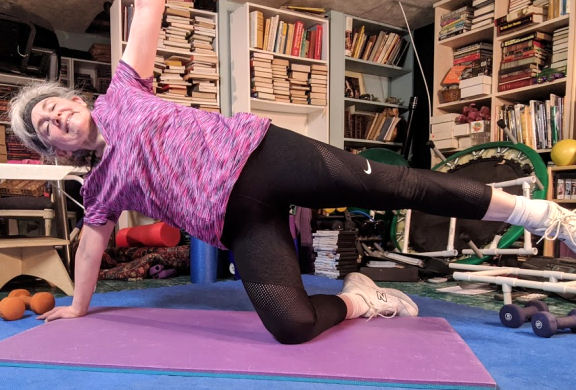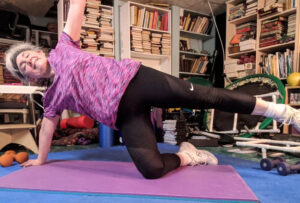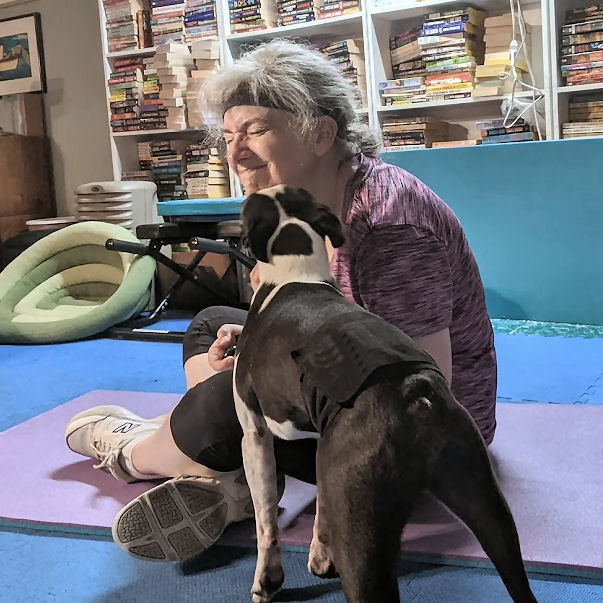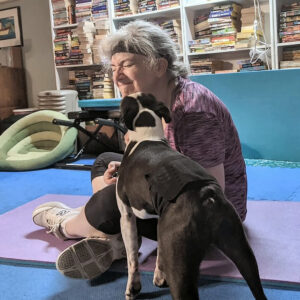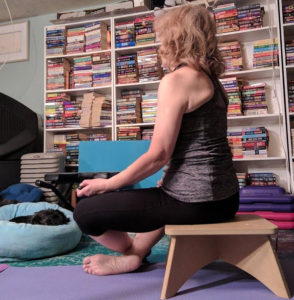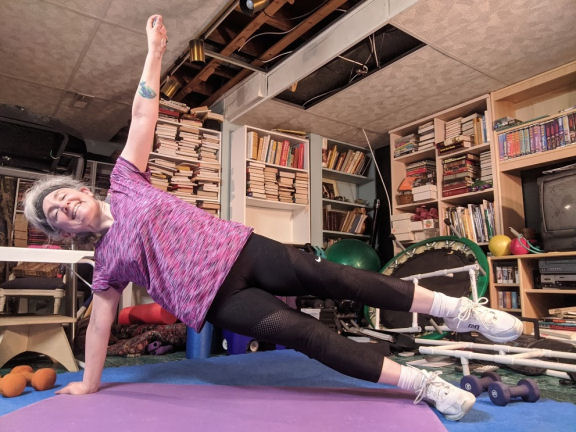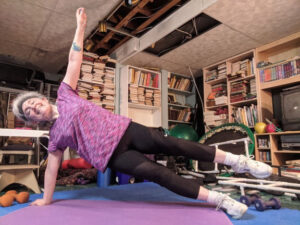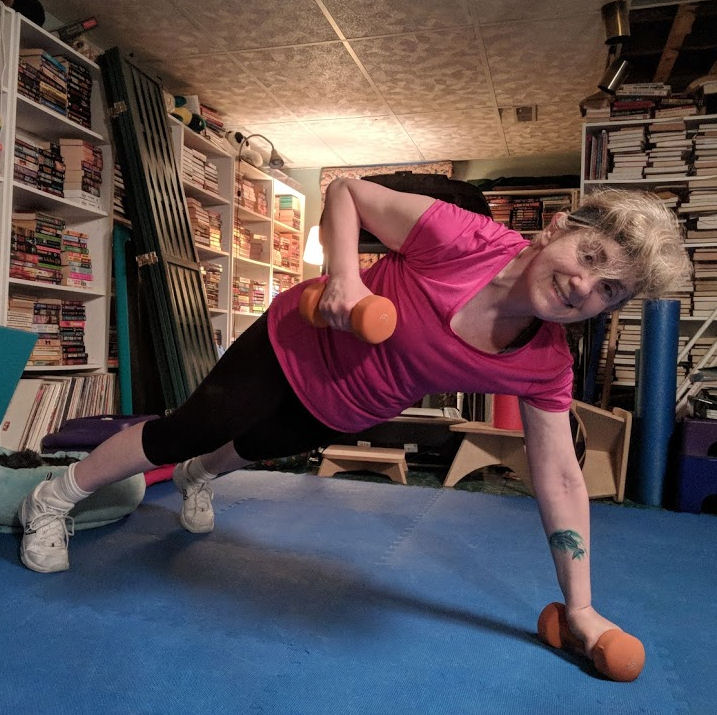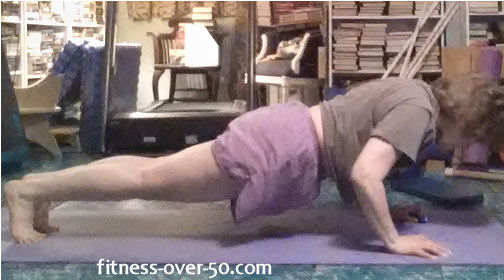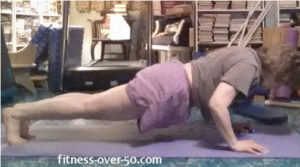Last time we talked about stuff you had to get done, no matter what. For those tasks, you just have to buckle down and do it. But what about your big goals. How can you achieve the things that there’s no deadline for, or that you’d really like to have happen but hadn’t started yet? It can seem overwhelming to have pie-in-the-sky goals, but they’re really necessary. And you can reach your biggest goals one step at a time.
We all want big things, and we usually want them as fast as possible. But the best, most life-changing goals take time. We have to plan the steps that it takes to get to the ultimate goal. Why not just dive in? Because for many goals, we’ll never get there. And for the goals that we do reach, they may be set too low and there may be further achievements that we’d miss out on.
Take the time to plan
Three-time Olympic gold medalist Gabby Douglas spent eight years away from her sport. But now she’s back in training. In fact, she recently qualified for the U.S. Championships with hopes of making it to the Paris games this year. She stepped away after the Rio games because the training, then the Games themselves, took so much out of her. She said, I went through hell x2 and i lost my joy, i lost my passion, my fire, my love, and then myself.”
So, then what happened? How did Douglas find her passion in gymnastics again? She said that she did a lot of reflecting and journaling. Then when she decided to go back to training she just took a deep breath and stepped into the gym. “Remember, you don’t have to get it all done in one day. Take baby steps — I definitely did.”
One step at a time
And that’s good advice for anyone with a big goal. Douglas knew what it took to achieve success. And she knew that it was a lot. So she took it slow. One step at a time. That’s what we all should do when faced with a really big goal. For me, to reach the goal of a side plank with my leg raised, I modified the move, got stronger, and finally was able to do the full pose. Planning for one step at a time keeps you motivated to continue.
Break it down
Consider that goal, and everything that it will take to achieve it. Then think about the logical steps to take to get there. All of them. Write it down. And then plan – concisely, every step, every milestone, with deadlines. Use your “Get It Done” Guide to help you plan! Then do it. And when you reach a milestone, celebrate! That’s what keeps you motivated to continue toward that big goal.
That’s what Olympic champions do.

